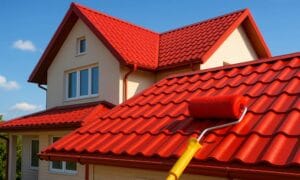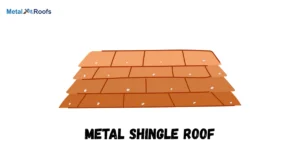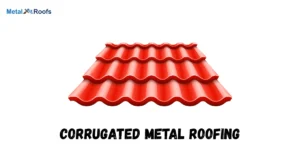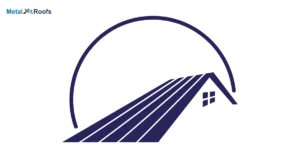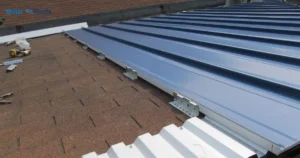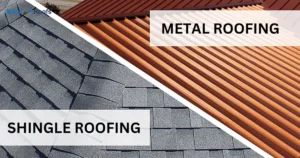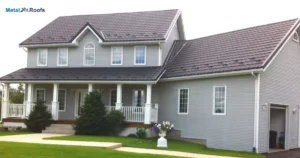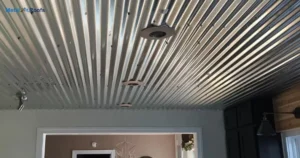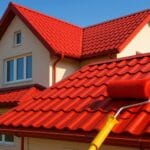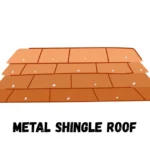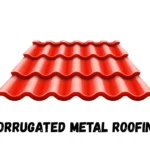Metal roofs can block or weaken WiFi signals. The metal reflects and absorbs the radio waves WiFi uses. This can make getting a stable connection through a metal roof challenging. Careful antenna and access point placement helps.
Metal roofs look nice. But do they affect WiFi? Metal can block radio waves that WiFi uses. So your signal might struggle getting inside. A weak signal means slow Netflix and laggy Zoom. Careful setup helps avoid this. But it’s a fight for your WiFi.
Metal roofs reflect WiFi signals, disrupting connections. The radio waves bounce off, weakening the signal indoors. Streaming and video calls suffer due to slow internet. To improve connectivity, fix gutter nails is essential.
Key Takeaways
- Metal roofs can reflect Wi-Fi signals, causing interference and signal loss.
- Metal’s ability to absorb RF signals may reduce Wi-Fi strength inside buildings.
- Wi-Fi operating at different frequencies can be affected differently by metal surfaces.
- Strategic positioning of Wi-Fi access points helps minimize interference and enhance signal quality.
- Limiting the number of connected devices can prevent network congestion, improving overall Wi-Fi performance.
Do Metal Roofs Affect Wi-Fi and Phone Call Signals?
Metal roofs can impact Wi-Fi and phone call signals. The metal reflects and absorbs the radiofrequency used by these signals. This can lead to weaker connections and potential interference, especially if Wi-Fi access points are close to the metal surface.
To minimize issues, strategic placement of access points and adjustments to antenna orientation can help improve signal strength in homes or buildings with metal roofs.
Metal Roofing and Wi-Fi
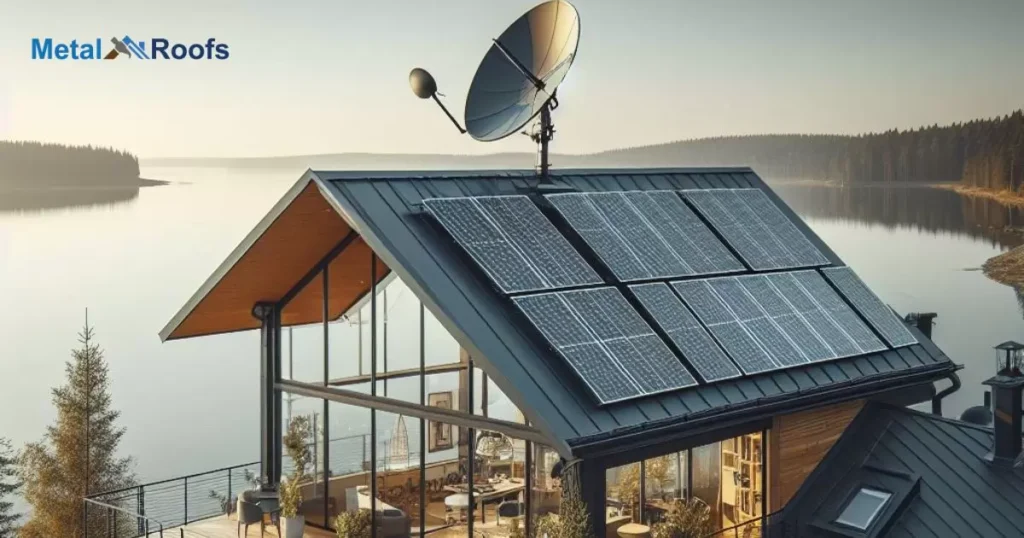
Metal roofs might mess with your Wi-Fi. They can bounce signals around, making it hard for your Wi-Fi to reach where it needs to. The type and thickness of the metal matter, so plan where you put your Wi-Fi gear.
To fix it, try moving your Wi-Fi stuff around. Put it where signals can go straight without bouncing off metal. If that’s tricky, think about using Wi-Fi extenders or talking to a pro for help. Adjusting things can get your Wi-Fi back on track with a metal roof in the way.
Metal Roofing and Cell Phone Signal
Metal roofs may impact your cell signal. Metal reflects signals, so if you’re inside a building with a metal roof, your cell reception might suffer. The thickness of the metal and your distance from the cell tower matter too.
To improve cell signal in a metal-roofed building, try moving closer to windows or outside. If that’s not enough, consider a signal booster or repeater to strengthen your connection.
What’s Interfering With My Signal?
Your metal roof might mess with your Wi-Fi. Metal reflects and eats up Wi-Fi signals. It can bounce signals around or weaken them, causing a shaky connection inside. The type of metal and where you put Wi-Fi gear matters.
Stick access points away from metal obstacles, tweak antennas, or get professional help if it’s a big headache. Find the sweet spot for your signal in the metal maze.
Boost Your Wireless Signal
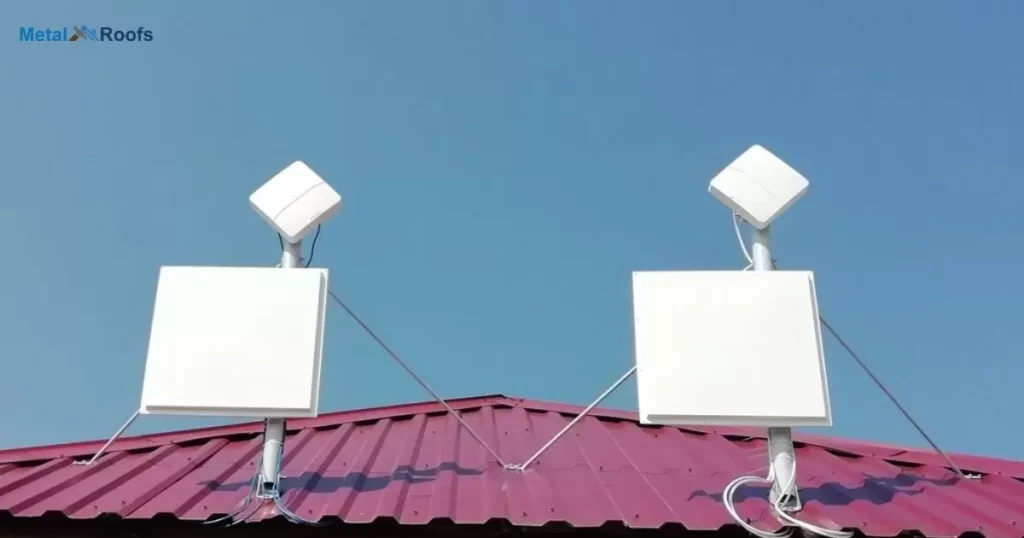
| Strategy | Description |
| Optimize Placement | Strategically position access points away from metal surfaces. |
| Antenna Adjustment | Fine-tune antenna orientation for optimal reception. |
| Use Wi-Fi Repeaters | Deploy strategically to extend coverage in metal-interfered areas. |
| Consult Professionals | Seek expert advice to address signal issues effectively. |
| Upgrade Modem and Router | Improve internet speeds and reliability for better performance. |
| Invest in Additional Equipment | Enhance coverage with extra routers or Wi-Fi extenders. |
| Limit Connected Devices | Manage devices to prevent network congestion, ensuring better signal quality. |
Metal roofs impact Wi-Fi. They reflect and absorb signals, causing interference. To boost your signal, place access points strategically and use Wi-Fi repeaters if needed.
Adjust antenna positions and consult professionals for optimal solutions. A well-planned setup minimizes metal roof effects on Wi-Fi signals, ensuring reliable connectivity.
Upgrade Modem and Router
Consider upgrading your modem and router to enhance your Wi-Fi experience. Older devices might lag behind in handling today’s internet speeds, leading to frustrating slowdowns.
Newer models offer faster connections, broader coverage, and increased reliability, making the investment worthwhile for a smoother online experience at home or in the office.
Invest in an Additional Router or Wi-Fi Extender
To address potential Wi-Fi signal issues caused by a metal roof, consider investing in an additional router or Wi-Fi extender. These devices can help extend your network coverage and improve signal strength in areas affected by metal interference.
Proper placement of the router or extender strategically within your space can enhance overall connectivity and minimize the impact of the metal roof on Wi-Fi signals.
Limit the Number of Connected Devices
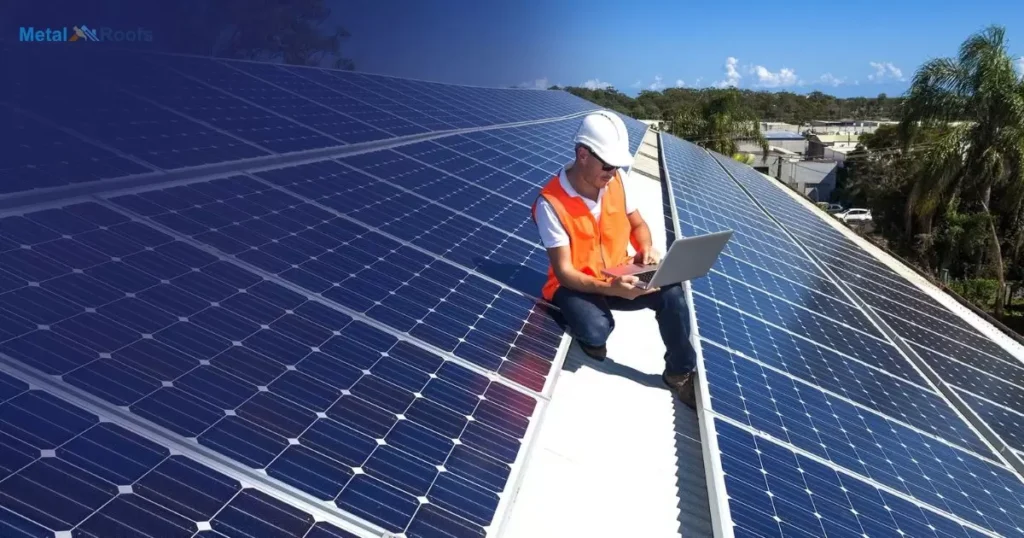
To ensure optimal Wi-Fi performance with a metal roof, limit the number of connected devices. Excessive device connections can lead to network congestion, affecting the signal quality and data transfer rates.
By managing the number of connected devices, you enhance the overall Wi-Fi experience and minimize potential interference caused by the metal structure.
How To Get Wifi To Work Under A Metal Roof?
To get WiFi to work under a metal roof, start by repositioning your router away from the metal. Place it in a central location, preferably on a higher floor. If that’s not possible, use a WiFi extender to amplify the signal. Mesh WiFi systems are also effective, spreading coverage evenly throughout your home.
Upgrade to a dual-band or tri-band router for better performance, reducing interference from the metal roof. Additionally, consider alternative wireless technologies like powerline adapters for stable connections. By following these steps, you can ensure a reliable WiFi connection even under a metal roof.
Metal Roof Wifi Problems
Metal roofs can disrupt WiFi signals. They reflect and absorb wireless waves, causing weak connections. Repositioning the router away from the metal can help. Using extenders amplifies the signal for better coverage.
Mesh WiFi systems eliminate dead zones in homes. Upgrading to dual-band routers reduces interference. Alternative technologies like powerline adapters offer stable connections. By addressing these issues, you can overcome metal roof WiFi problems.
Should I Invest in a Metal Roof?
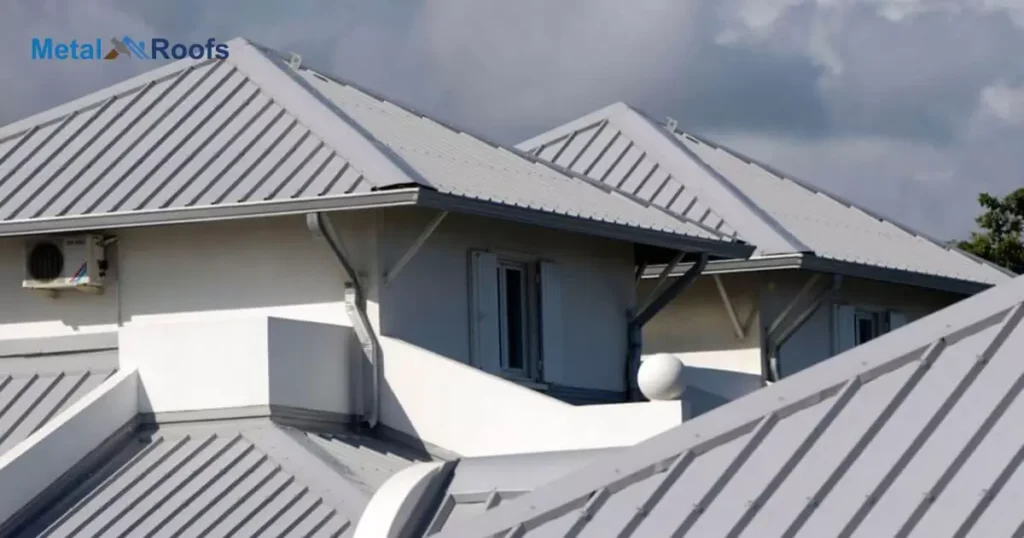
Although a metal roof is a fantastic choice, not everyone may benefit. They are among the most resilient roofing materials on the market, making them the perfect choice for any homeowner looking for a high-quality, long-lasting, environmentally responsible, and energy-efficient roof.
But these benefits aren’t given to you for free. Metal roofing may be costly. A metal roof might not be the most excellent option if you’re on a tight budget and don’t want to invest additional money.
Frequently Asked Questions
Does a metal roof cause internet problems?
Yes, a metal roof can cause internet problems as it may reflect and absorb Wi-Fi signals, resulting in signal degradation and potential interference. The severity depends on factors like metal type and thickness.
How can I get better internet access with a metal roof?
Optimize internet access with a metal roof by strategically placing Wi-Fi access points away from metal surfaces and limiting the number of connected devices for improved signal quality.
How can I boost my WiFi signal at home?
To boost your WiFi signal at home, consider optimizing the router placement and reducing interference by minimizing obstacles. Upgrading your router or using WiFi extenders can improve coverage in larger spaces.
Conclusion
Metal roofs can disrupt WiFi signals. The material blocks radio waves. Devices get a weak connection. Streaming stutters and video calls freeze. Careful setup aims signals in. But performance stays worse.
So metal roofs fight your WiFi. Signals struggle penetrating inside. Household connection suffers. Devices buffer and lag. Proper placement helps bounce some signal in. But expect worse speeds versus other roofs. The metal ruins your wireless.

